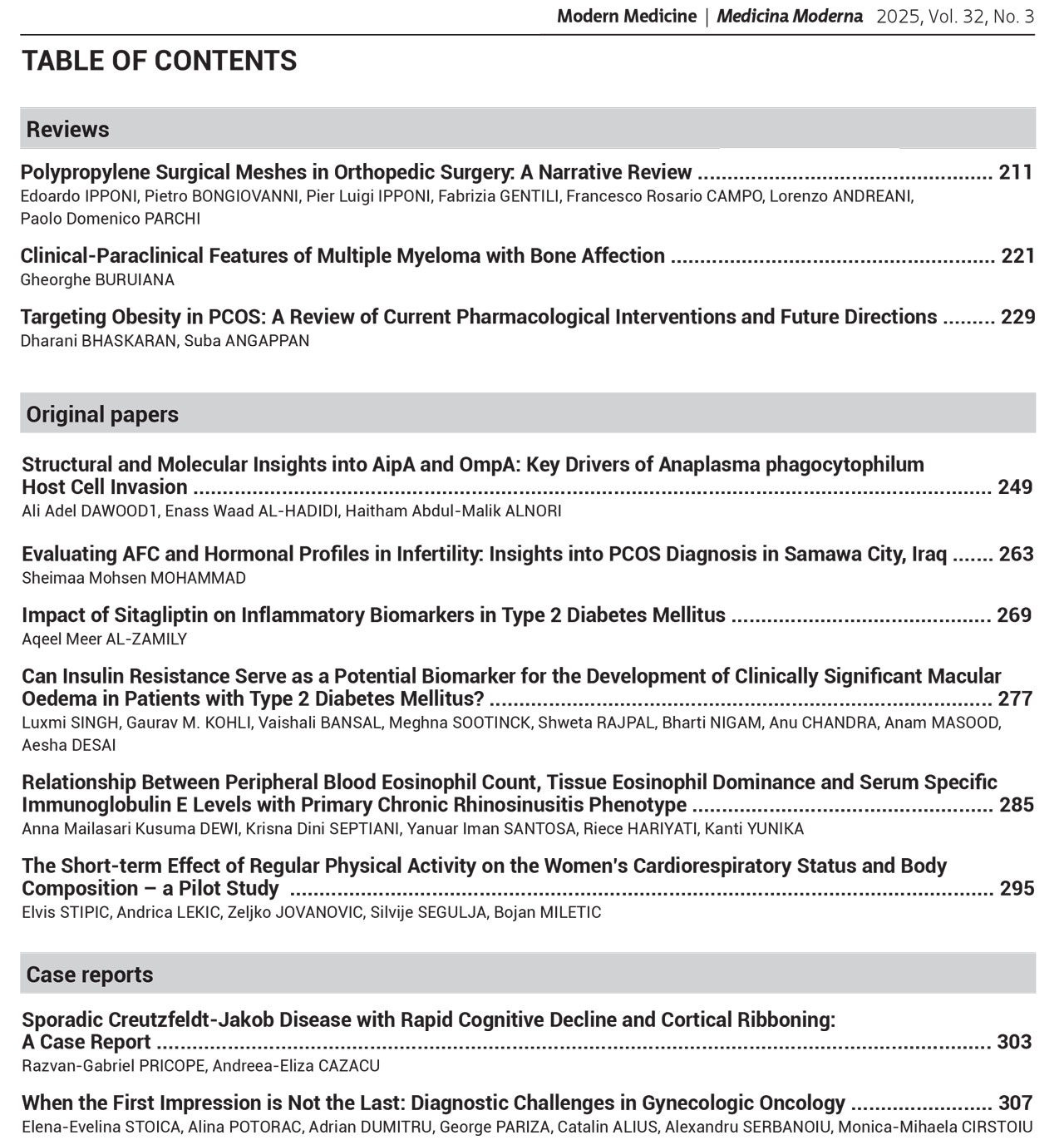Background: Creutzfeldt-Jakob disease (CJD) is a rare, rapidly progressive, and universally fatal neurodegenerative disorder caused by the accumulation of misfolded prion proteins. Early-stage diagnosis is often delayed due to its initially non-specific presentation and broad differential diagnosis.
Case Presentation: We describe a 75-year-old male who presented with new-onset dizziness and a pressure-like headache. Neurological examination revealed subtle left-sided ataxia, mild anomic aphasia, and possible left-leg neglect. Initial investigations, including non-contrast cranial CT and carotid angiography, were unremarkable. Cognitive screening using the Montreal Cognitive Assessment (MoCA) scored 17/30. Persistent neurological deficits prompted further evaluation, including lumbar puncture, electroencephalography, and magnetic resonance imaging of the brain. CSF analysis showed a mildly elevated white cell count and was positive for 14-3-3 protein. Although RT-QuIC testing was uninterpretable due to CSF blood contamination, markedly elevated total tau (>1765 pg/mL) with normal phosphorylated tau (pTau181) supported a diagnosis of prion disease. MRI demonstrated asymmetric cortical diffusion restriction and characteristic cortical ribboning. EEG revealed a diffuse encephalopathic pattern without periodic discharges. With the rapid evolution of cognitive dysfunction, cerebellar ataxia, and extrapyramidal signs, the clinical, radiological, and biochemical findings fulfilled diagnostic criteria for probable sporadic CJD.
Conclusion: This case underscores the importance of a multimodal diagnostic approach in suspected CJD. In the absence of definitive RT-QuIC results or characteristic EEG changes, early recognition of MRI patterns and CSF biomarkers remains pivotal for timely diagnosis, appropriate counseling, and care planning.





